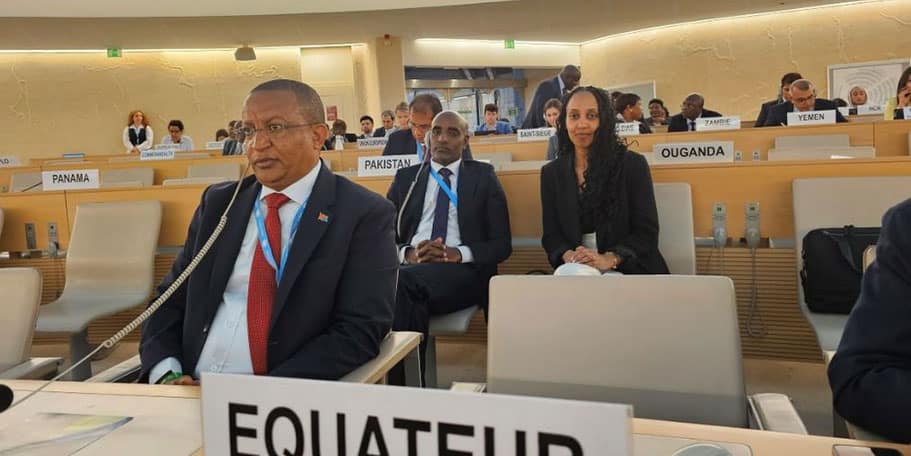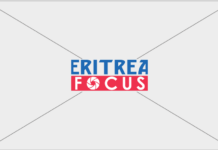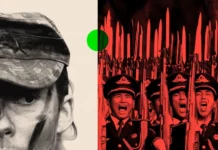Source: The Reporter
Concerns about human rights violations in Eritrea was a central point of discussion during the United Nations Human Rights Council’s 59th session, which kicked off this week in Geneva.
During the session, Mohamed Abdelsalam Babiker, the Special Rapporteur on the situation of human rights in Eritrea, presented a detailed report of ongoing violations, including indefinite national service amounting to forced labour, widespread arbitrary detentions, and severe restrictions on fundamental freedoms.
Baniker underscored a critical situation that demands urgent international attention and accountability.
“Eritreans who are inside the country, in exile, and those still searching for forcibly disappeared loved ones, must be met with more than words,” Babiker told the UN Council. “The rights of the Eritrean people are not a matter of negotiation or political convenience – they are universal and inalienable.”
The report noted that the situation in Eritrea is not “static” but “entrenched”
“Violations are systemic, and the need for accountability is urgent,” he said. “To those detained without charges or trial, who have not been heard from in decades, your names will continue to be spoken.”
He added that Eritrean youth who remain in the country, as well as those who continue to live their lives to flee, deserve a future free from fear and persecution.
“To the families of the disappeared, I say you are not forgotten. To those detained without charges or trial, your names will continue to be spoken,” he said.
In his address to the Council, the UN High Commissioner for Human Rights, Volker Türk, stated that the current trend of intensifying conflict and neglect for human rights is “indefensible”.
He emphasized that both governments and societies must present the strongest possible definitions of international law and human rights.
“Human rights provide stability and security in our troubled times. They are a bridge between governments and people, between generations past, present, and future. And they are guardrails on power, especially when it is unleashed in its most brutal forms,” he said.
Dismissing the accusation as “unfounded,” Eritrea’s Permanent Representative to the United Nations, Habtom Zerai, stated that the report is based on “unverifiable” allegations and “biased” assessments drawn from anonymous sources outside the country.
According to him, the report lacks objectivity, transparency, and accountability.
“The report, like the ones before it, relies on unverifiable claims and biased assessments from anonymous sources outside Eritrea,” he told the Council. “It’s worth noting that this report directly contradicts the verifiable and comprehensive reports regularly submitted by various UN agencies operating within Eritrea.”
In addition, Habtom accused the Special Rapporteur’s mandate of being politically motivated, citing historical grievances, including the UN’s failure to enforce a 2002 border decision and sanctions imposed in 2009.
“Eritrea does not reject human rights; we reject their instrumentalization as weapons to undermine national sovereignty,” she said.
The Eritrean representative has also submitted a draft resolution calling for the termination of the Special Rapporteur’s mandate.
He urged the Council to end what she described as a “flawed process”, stating that Eritrea remains committed to engagement through “legitimate multilateral channels based on mutual respect and equality.”
“We call on all members of this Council to terminate the Special Rapporteur mandate on Eritrea,” he said.







